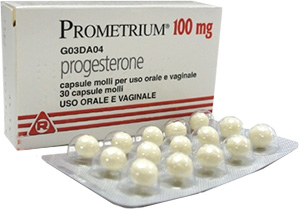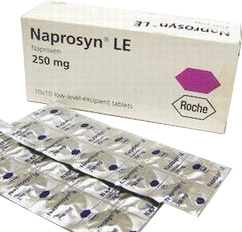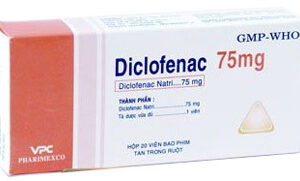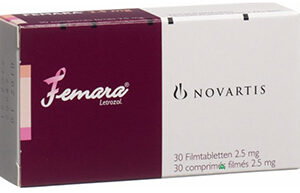Brand Name and Generic
Prometrium is the brand name for the generic drug progesterone, which is a naturally occurring female hormone. It is available in a synthetic form for medication use.
Pharmacological Classification
Prometrium is classified as a progestin, a form of progesterone hormone used in various treatment regimes including hormone replacement therapy (HRT) and to manage menstrual disorders.
Indications for Use
Prometrium is indicated for use in women who have not had a hysterectomy to prevent endometrial hyperplasia when taking estrogens for menopause symptoms. It is also used to treat secondary amenorrhea, a condition characterized by the absence of menstrual periods in women who have previously menstruated.
Dosage Forms Available
Prometrium is available in oral capsule form with various dosages, typically 100 mg and 200 mg strengths, to be taken as prescribed by a healthcare professional.
Recommended Dosage
The dosage of Prometrium depends on the condition being treated. For hormone replacement therapy, it is often prescribed to be taken for 12 to 14 consecutive days of a 28-day cycle of estrogen treatment. For treating secondary amenorrhea, the common dosage is 400 mg daily in divided doses for 10 days.
Administration Instructions
Prometrium capsules should be taken orally with a full glass of water, and may be taken with or without food. It is important to take the medication at the same time each day and to follow the specific dosing schedule prescribed by a healthcare provider.
Drug Absorption and Metabolism
After oral administration, Prometrium is absorbed through the gastrointestinal tract. Its metabolism takes place in the liver where it is converted into various metabolites which are then excreted mainly through the urine and partially through feces.
Pharmacodynamics of Prometrium
Progesterone in Prometrium binds to the progesterone and estrogen receptors in target tissues to exert its effects. It reduces the frequency of the gonadotropin-releasing hormone from the hypothalamus and blunts the pre-ovulatory luteinizing hormone surge, which contributes to its contraceptive effects and utility in managing menstrual irregularities.
Adverse Reactions
Potential adverse reactions to Prometrium can include dizziness, headache, abdominal pain, breast tenderness, joint pain, mood swings, and menstrual changes. More severe side effects may include chest pain, vision changes, or evidence of thrombotic disorders.
Special Populations Consideration
Prometrium may require dose adjustments or special precautions in certain populations, such as patients with hepatic impairment, due to its extensive metabolism in the liver. In postmenopausal women, the risk versus benefits should be regularly evaluated, especially in those with underlying risk factors for cardiovascular disease.
Concomitant Medication Interactions
Certain drugs may interact with Prometrium, including some seizure medications, antibiotics, and herbal products such as St. John’s wort. These interactions may affect the efficacy and serum levels of Prometrium.
Impact on Laboratory Tests
Prometrium can influence certain laboratory tests including liver function, thyroid-panel, adrenal function, and coagulation factors. It is important to inform the laboratory personnel and healthcare providers about the use of this medication.
Overdosage and Management
In cases of Prometrium overdosage, symptomatic and supportive measures should be implemented. Since there is no specific antidote, medical attention should be sought immediately, and gastric lavage or activated charcoal may be considered if ingested recently.
Regulatory Status
Prometrium is approved by the U.S. Food and Drug Administration (FDA) for use as part of hormone replacement therapy in postmenopausal women with an intact uterus and for the treatment of secondary amenorrhea.
Storage Guidelines
Prometrium should be stored at room temperature, away from moisture, heat, and light. It should be kept in its original container with the lid tightly closed and out of reach of children and pets.
Prometrium Patient Counseling
Patients prescribed Prometrium should be counseled on the importance of taking the medication exactly as directed, the potential side effects and advisement to report unusual symptoms to their healthcare provider. Women should also be informed about the potential for drowsiness and advised on precautions with machinery or driving.






Reviews
There are no reviews yet.